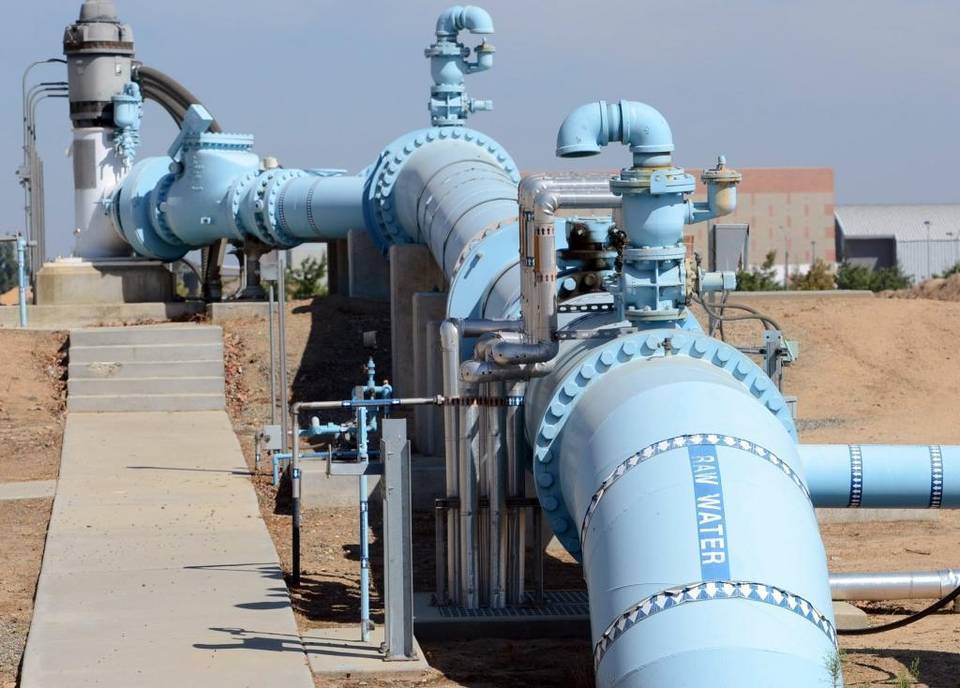The Ghanaian government has unveiled plans to introduce a groundbreaking law aimed at optimizing the management of natural resources and mineral revenue. This strategic move seeks to capitalize on the country's burgeoning extractive sector, driven by recent discoveries of new minerals. According to Alex Segbefia, Chief of Staff at the Office of the Vice President, the proposed Natural Resources Revenue Management Act (NRMA) will play a pivotal role in augmenting revenue from mineral resources, including green minerals and fresh finds.
This legislative initiative responds to long-standing calls from civil society organizations for an overhaul of the existing laws governing the sector. Critics argue that current regulations are outdated and fail to ensure effective revenue mobilization and distribution. By introducing the NRMA, the government aims to bridge this gap and foster a more equitable and efficient tax system.
Key Components of the Proposed Law
The NRMA is expected to have far-reaching implications for Ghana's extractive sector. Some of the key areas the law will focus on include :
- Revenue Collection and Allocation: Streamlining the process of collecting and allocating revenue from mineral resources to support national development.
- Sovereign Wealth Fund: Establishing a sovereign wealth fund to manage mineral revenue, ensuring that the benefits are shared equitably among stakeholders.
- Public Oversight: Strengthening public oversight mechanisms to monitor government accountability and ensure transparency in revenue management.
Government Commitment to Revenue Mobilization
The government has reaffirmed its commitment to supporting the Ghana Revenue Authority (GRA) in its revenue mobilization efforts. The GRA has become a vital component of the country's revenue mobilization machinery, and the government is dedicated to providing the necessary resources to enhance its operations.
Restructuring the GRA
As part of its efforts to boost revenue mobilization, the government plans to resume the restructuring of the GRA, initiated by the previous administration. This move aims to improve tax administration and compliance, ensuring that the GRA is better equipped to manage revenue collection and reduce tax evasion.
Reviewing Tax Exemptions and Port Fees
The government also intends to review the tax exemption regime to promote transparency, economic growth, technology transfer, and job creation. Additionally, port fees will be rationalized to enhance trade competitiveness and maximize revenue. These measures are designed to create a more favorable business environment and increase revenue inflows.
Challenges and Opportunities Ahead
While the proposed NRMA holds significant promise, its successful implementation will depend on addressing several challenges. These include ²:
- Capacity Building: Enhancing the capacity of the GRA and other relevant agencies to effectively manage revenue collection and allocation.
- Policy Consistency: Ensuring policy consistency and clarity in laws governing the extractive sector to avoid confusion and overlapping mandates.
- Corruption: Mitigating the risk of corruption and ensuring transparency in revenue management and allocation.
Benefits of the NRMA
The proposed NRMA has the potential to transform Ghana's extractive sector, driving economic growth and development. Some of the benefits of the law include:
- Increased Revenue: Boosting revenue from mineral resources to support national development and improve the lives of Ghanaians.
- Improved Transparency: Enhancing transparency and accountability in revenue management, reducing the risk of corruption and mismanagement.
- Sustainable Development: Promoting sustainable development by ensuring that revenue from extractive resources is managed in a way that benefits future generations.
Conclusion
The proposed Natural Resources Revenue Management Act represents a significant step forward in Ghana's journey towards optimizing its extractive sector. By addressing the challenges and opportunities ahead, the government can ensure that the law achieves its intended objectives, driving economic growth and development for the benefit of all Ghanaians. With careful implementation and a commitment to transparency and accountability, the NRMA can help Ghana unlock the full potential of its natural resources and secure a brighter future for its citizens.


